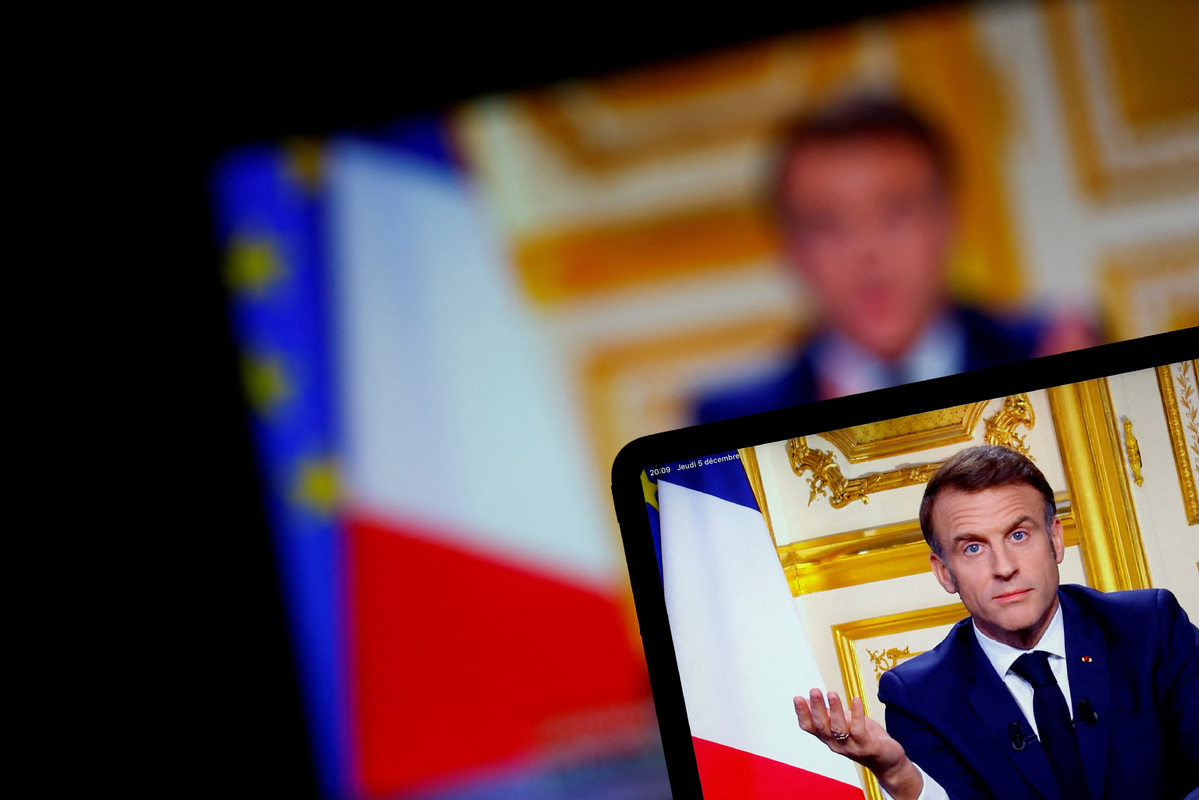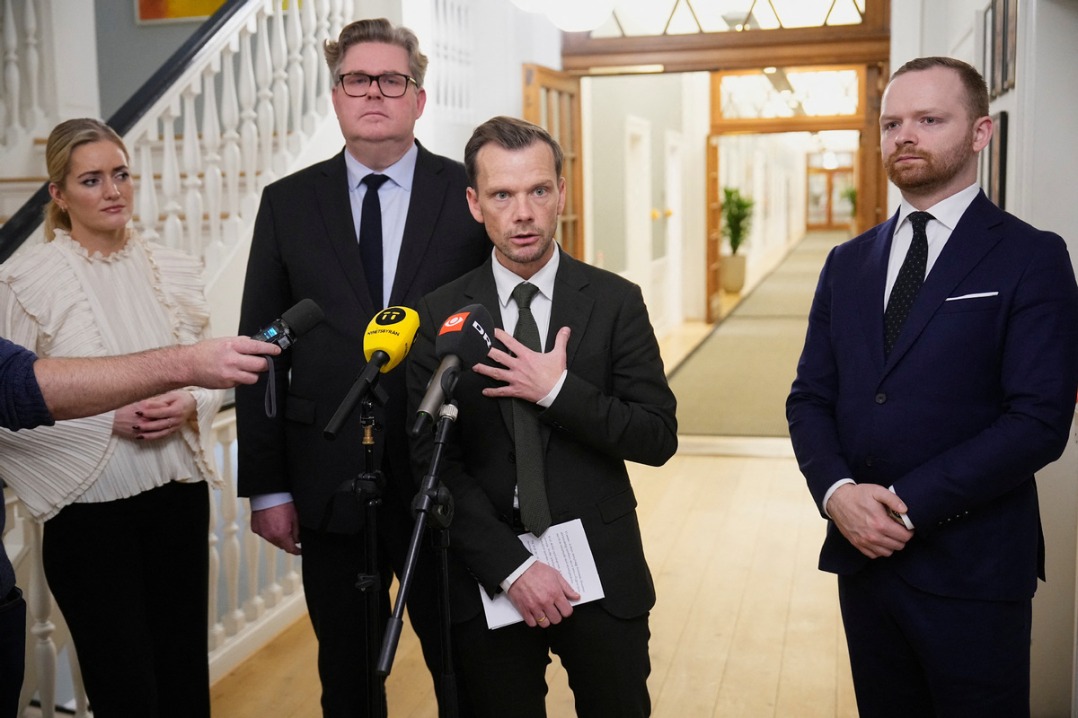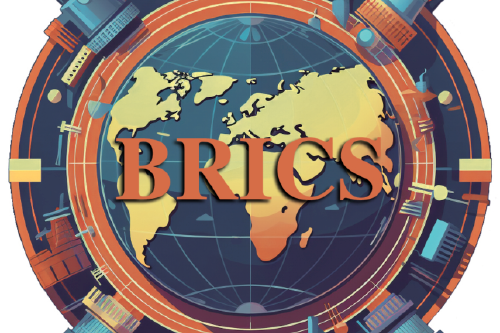President Macron set to name new prime minister


France's President Emmanuel Macron has announced plans to appoint a new prime minister within 48 hours, following the resignation of Michel Barnier's government last week.
The promise came after a three-hour meeting at the Elysee Palace on Tuesday, with leaders from several major political parties but not including the hard-left LFI party and the far-right RN party.
Macron's goal is to address the ongoing political crisis and stabilize governance in France.
At the meeting, Macron proposed three frameworks for collaboration: a "government pact" for parties willing to join his Cabinet; a "legislative pact" to ensure parliamentary support for key laws; and a "non-censure pact" where opposition parties agree not to censure the government. The move was seen as an attempt to navigate a fragmented political landscape.
Laurent Wauquiez, leader of the conservative Republicans party, or LR, acknowledged the importance of stability but rejected partnerships with the hard-left or the New Popular Front, which is known as the NFP.
"We aim for stability but reject any deal that includes the hard-left LFI or the NFP agenda," Wauquiez said on Tuesday during the talks.
The French Socialist Party, or PS, the Greens, and the conservatives presented different demands for the new government, highlighting the divisions Macron must address to secure a working coalition.
Speculation continues about who will replace Barnier as prime minister. Centrist politician Francois Bayrou is widely considered a top contender, but his potential appointment has sparked debate.
The conservative LR party is open to the idea of Bayrou's selection, while PS has voiced strong opposition.
"Francois Bayrou is not the right fit for this role," Olivier Faure, the leader of PS, stated in an interview with BFM TV on Tuesday.
The Greens echoed concerns over a lack of concessions from Macron's team. "The president's camp shows no willingness to compromise, yet they expect our support," said Marine Tondelier, a leading Green Party figure.
Despite the frustrations, Tondelier welcomed efforts to exclude the far-right RN from power-sharing discussions, calling it "a necessary commitment".
The hard-left LFI and the far-right RN remain on the sidelines. LFI's Manuel Bompard criticized the idea of any coalition and urged leftist parties in the NFP to avoid deals with the right.
"If anyone ventures into a grand coalition with the right and Macron's allies, they risk fracturing the New Popular Front," Bompard said on Tuesday during a televised interview.
Meanwhile, RN leader Marine Le Pen advocated for future leaders to engage with all political blocs, including her party.
"The prime minister must obviously talk to the RN," Le Pen stated on France 2 TV on Tuesday.
Challenges ahead
Whoever Macron appoints as the next prime minister will face significant challenges, including resolving sharp political divisions and preventing further governmental instability.
Many parties have rejected the idea of a unity government outright.
"It's unrealistic to form a government with parties holding fundamentally opposing views," said Laurent Wauquiez of the LR party.
A potential solution lies in a non-censure agreement, which could help maintain stability without formal coalitions. Under such an agreement, the government would refrain from using Article 49.3, which has been used to force legislation past lawmakers without a vote, while opposition parties would agree not to censure the administration.
"This is the only concrete proposal on the table," said Olivier Faure.
The Greens also supported the approach, calling it "a strong gesture that fosters teamwork in the National Assembly", according to Tondelier.
However, some parties remain skeptical about Macron's ability to deliver meaningful compromise.
"The president's strategy is unclear, and there are no guarantees this approach will succeed," Faure remarked after the meeting.
The choice of a new prime minister is expected imminently. Macron has stressed the urgency of the situation, stating that prolonged instability would harm France.
"France cannot afford to wait. The time for decisions is now," he told party leaders during Tuesday's discussions.
As the deadline approaches, Macron's leadership and ability to unite diverse political factions will be put to the test. Whether or not the new government can navigate these divisions and bring stability to France remains to be seen.

































